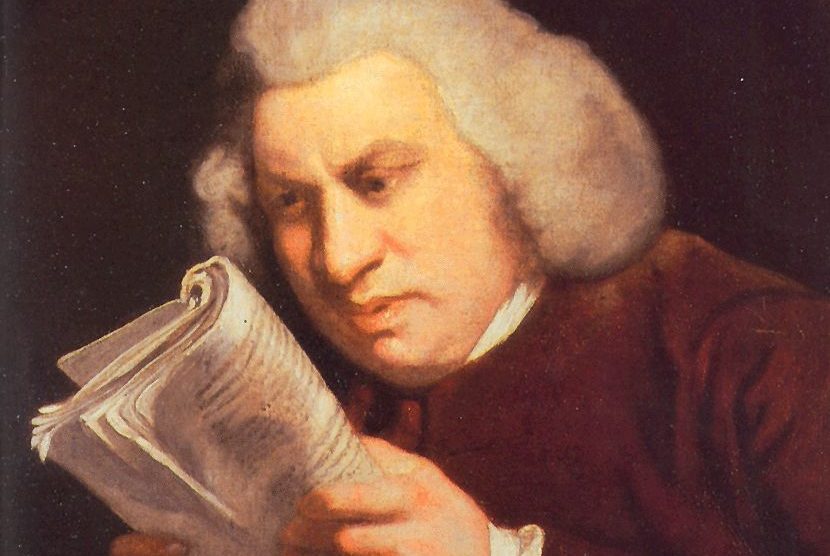Writing is a long process. Most authors have their individual ways to make it work, their own carefully designed method to make sure they actually finish what they started. Sometimes it works, sometimes it doesn’t. Sometimes there’s a gaping plot hole that means rewriting several chapters to solve one problem, and sometimes it turns out okay. There are published writers who reread their work and still find flaws, and there are authors who can’t stand to read their own work ever again. With each type of writing, type of plot, type of character – from Sherlock Holmes to Juliet Capulet – there are many different types of revision.
Jacqueline Woodson, 2014 National Book Award winner and author of many books, including Miracle’s Boys and her most recent Another Brooklyn, has figured the writing process out – or what works for her, in any case, although it does feel quite universal. For Woodson, it’s important that each new manuscript starts with a lot of praise – it must be heaped upon her. Launching into criticism without that ego fortification, she would feel too conflicted and upset about her work to continue. There needs to be some level of hope and happiness in relation to the book, because if people just drive straight into the “this doesn’t make sense, this doesn’t work, I don’t like this bit,’ an aspiring author can feel that there is too much work to be done in order to save the novel in the first place. Once there is a level of confidence related to the work, constructive criticism can begin, which for Woodson takes the form of asking a trusted friend or mentor for their questions relating to the piece. This gives her a chance to address those issues and clear up any assumed knowledge issues, clunky character traits, or plot points. The third step is asking for more specific feedback and critique, where constructive comments are balanced with insight into what this person likes about your work. Vulnerability is inevitable, but it’s easier to experience when it’s cushioned with some self-confidence.
There is a difference between constructive criticism, and “destructive” criticism as Woodson warns. Constructive criticism has a very certain aim, which is to help an artist move forward and be better. Destructive commentary may not have an aim or provide solutions, only distress. It is important to know the difference, when giving and receiving advice, and only solicit advice from those you respect. Without it, no one can move up and onwards to better things.
Jacqueline Woodson’s most recent book is Another Brooklyn.
Jacqueline Woodson: In terms of a criticism here's how I deal with it, and this is having written 32 books. The first time I ask people to read my work I say tell me only what you love about it. And they say I love a Jeremiah; I love that you've centered this book in Bushwick, whatever it is. And then I get all excited. I go back and write more. And then the next time I say ask me three questions. And then the three questions are why does he get killed? Why do they fall in love? Why does he end up in the witness protection program, whatever the questions they have that makes me go back and realize I haven't explained stuff enough and write more. It really is fragile when you first put your words out into the world and for someone to jump on them and start critiquing or criticizing them right off the bat can be devastating.
So even for me at this stage it has to be incremental and always starting with praise, lots and lots of praise and then getting to the nitty-gritty. And so I think it's important to show your work to people you trust and love. And I think it's important to read your work out loud, to hear it and hear where it feels safe and unsafe. Even with my editor when I get my manuscript back from her I go through the whole manuscript and I read all the places where she's like wow I love this; brilliant; awesome. And all of those praises kind of get me ready for her to ask the bigger questions. And it's important that the criticism be constructive because otherwise it's destructive. You want to just throw the book away and so the criticism should be kind of critiquing that asked questions, ask bigger questions, why does this happen; I'm curious about where this is going; at the end of this piece of dialogue what were you intending for the reader to get it, so that kind of thing so it doesn't make you feel so vulnerable.
Writing is such a process and I think that sometimes aspiring writers don't realize what a process it is from the moment you have a brilliant idea to when you get to the point and that book completely falls apart and every single book you write you have a brilliant idea, it falls apart every single book. And then you have to start scaffolding and building the story again and starting to ask yourself the big questions about what this book is trying to say and how is it trying to say it and what do these characters want and how are they going to get what they want. So that's the process and then the next process is going out into the world with the story and getting that feedback and deciding who you're going to ask and what you're looking for in the feedback and what your end goal is for the story. Do you want to publish it or do you want something that your parents will love so you can give it to them as an anniversary present or what is it you want this book to be and how does it fit into the world of literature? How does it fit into the stuff that's already out there? So you have to be a reader. You can't be a writer without being a reader.
And I think that's another mistake young writers make. I've met so many poets who are like I don't read poetry I just write it or so many people who are trying to write realistic fiction that are only reading fantasy. It's just unrealistic to not know the genre your writing inside of. Then you have the people critiquing your work and you get to choose who they are; you get to choose how you want that feedback to come back to you. Some people will give their work to ten people or some people will trust a workshop. I for one have been in workshops and I haven't always trusted them because a lot of times I'm the only person of color in it so suddenly I'm having to explain to a lot of people who are not people of color my experience and having to justify my experience. And that's not helpful to me. So think about who the people are you're asking to read your work and what you want from them.
If I'm writing a book about someone who's transgendered, which I'm not going to do because I don't know enough about that story, but hypothetically I would want someone who's had that experience to be able to help me negotiate, and again, show me where do I get this right? Where do I get this wrong? Where does my own bias come into the story? But you do have to be able to be vulnerable with your work at some point, but for me I like to build a nice thick skin before I get to that point of feeling vulnerable.






